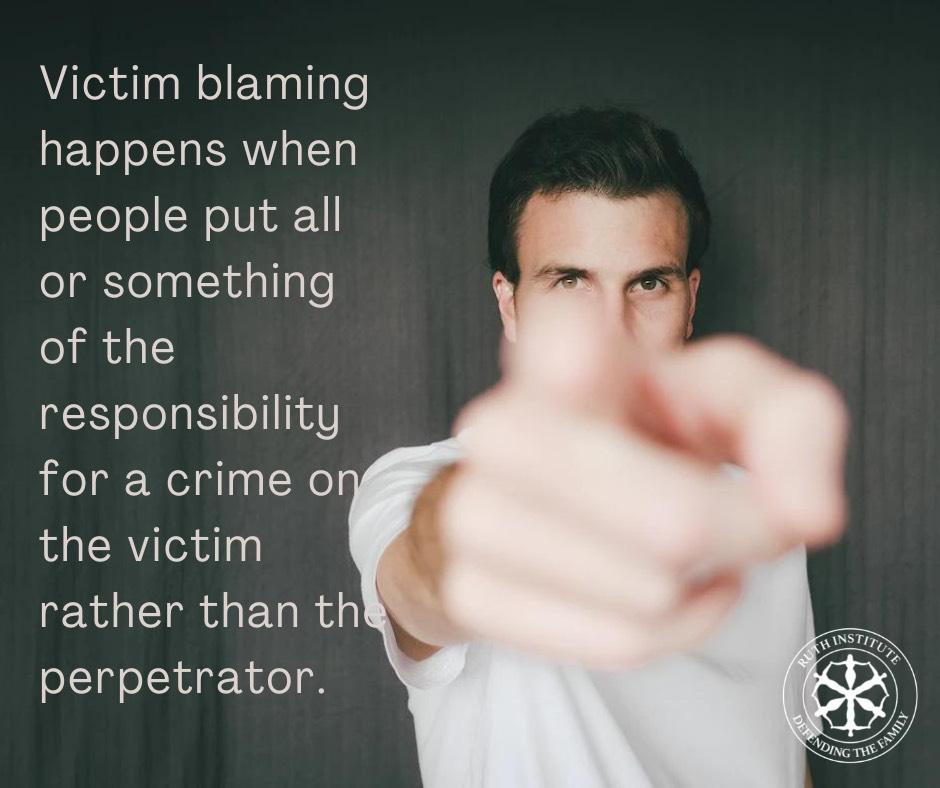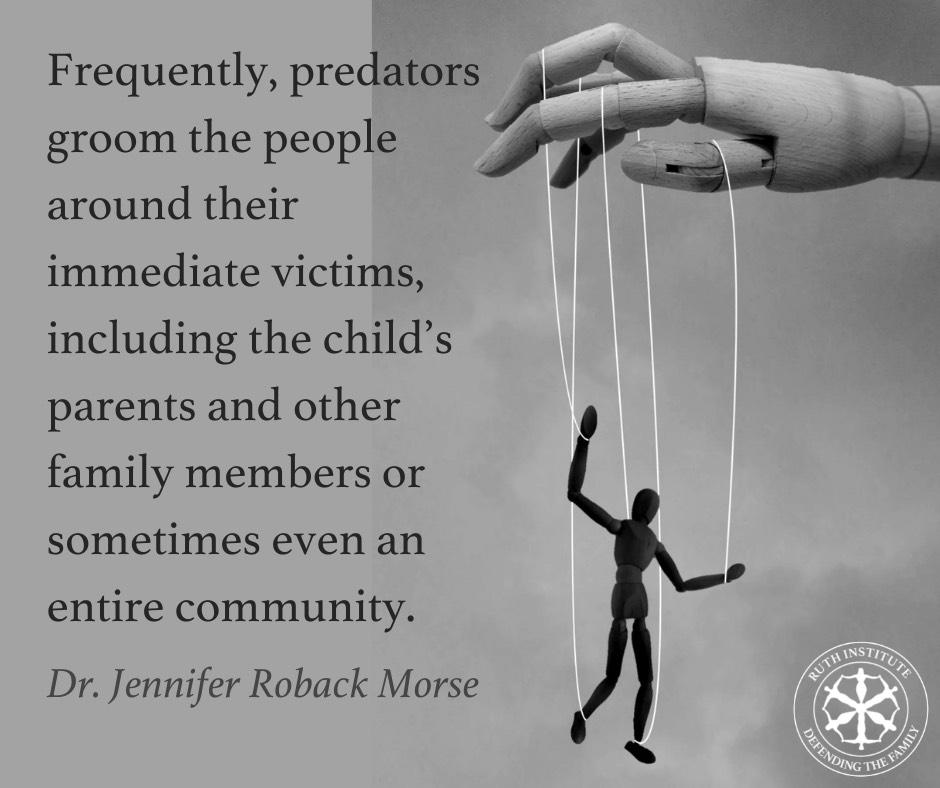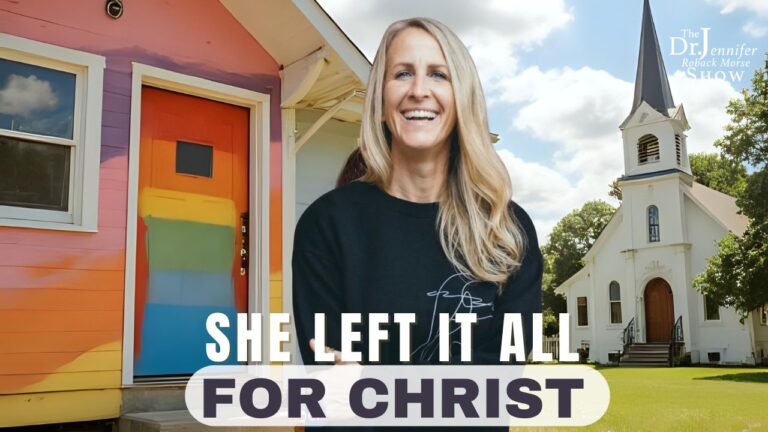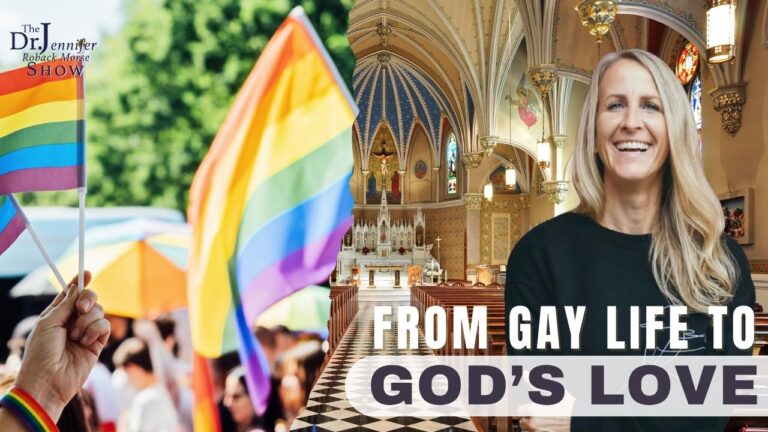Why do people oftentimes turn on abuse survivors, blaming them or not believing them? Why does victim blaming happen?
One of the most common comments I hear from abuse survivors is that people turned on them when they came forward about past abuse. They have been blamed and even mocked for the abuse instead of supported. Such a tragedy this is!
The entire fault of any kind of abusive behavior should always lie with the perpetrator. Victim blaming only serves to hurt survivors and perpetuates abuse. It’s one of the many reasons many victims often choose not to come forward. Why would someone want to come forward if they know that they will likely be blamed by someone? As a result of victim blaming, many, many victims will never be able to come to terms with what they have suffered. This can lead to devastating consequences. It also allows abuse to continue over and over again sometimes over courses of generations.

A few weeks ago, I received a message from a young man who has only recently begun to come to terms with the abuse he suffered years ago as a young child. When he came forward, he was not believed, labels were put on him, and he was even mocked. One of the people to mock him was his own father.
Why does victim blaming happen? Why are victims oftentimes not believed? What causes someone to mock a victim and their suffering? Some people even go so far as to defend the perpetrator while damaging the good name of the victim. The survivor is left to suffer, feeling even more damaged than before, while the perpetrator gets off scot-free.
There really is no reason good enough to excuse such behavior. Nonetheless, I want to dive into some of the reasons why victims might not be believed, why they are blamed, and why people may turn their backs on them.
There are two issues I want to address before moving on with this.
First of all, I want to remind my fellow survivors that you did not deserve to be abused. You also do not deserve to have people turn on you when you choose to come forward. You deserve to be supported! I’m so sorry if you have been cast aside and felt like your story didn’t matter.
Your story does matter! You matter!
Second, mocking and/or not supporting survivors is cruel. Such treatment can be completely devastating to a survivor and further their pain. A survivor risks a lot to come forward in the first place. Not receiving the support they need can lead to a greater likelihood of issues such as alcohol/drug abuse, promiscuous and dangerous behaviors, and even suicide.
Do false allegations happen? They do. More often than not, however, allegations are true. If you have good reason to doubt a victim’s story, you can still be there for them by helping them to get the resources they need. Encourage them to speak to law enforcement and/or a mental health professional. If they are indeed lying, they need special help.
Victim Blaming
What exactly is victim blaming? Simply put, it’s when victims are blamed for the abuse that has happened to them. Some of the reasons people blame survivors include not fighting back, dressing a certain way, being in a certain situation, and for being naive or trustworthy.
I cannot stress this enough:
Abuse is never the victim’s fault. The blame should always, always, always be put on the perpetrator alone.
Not helping a victim or turning the blame on them can negatively impact the entire trajectory of their lives.

I have compiled a list of the reasons why (in my experience) people (even loved ones and other trusted individuals) sometimes turn on victims:
Grooming.
More and more people are learning about the realities of grooming. This is when an abuser chooses a victim and slowly gains their trust with the ultimate goal of abusing them. Oftentimes, the people surrounding the victim are also groomed. Entire communities can be groomed. One such example is the clerical abuse scandal.
Dr. Jennifer Roback Morse recently spoke with clerical abuse survivor, Rachel Mastrogiacomo. Her harrowing story illustrates just that – how grooming takes place and how perpetrators are often able to groom, not just the victim, but the people around the victim. You can watch this powerful interview HERE.

Sexual violence in society has been normalized.
There are some people who assume that the sexual behavior inflicted upon the victim (particularly is the victim is an adult) was wanted. Pornography is partly responsible in a big way for this. It is commonplace and widely accepted as being “normal.” So many people are desensitized to it. We live in a sexually obsessed culture. “Sex sells” and we are surrounded by it.
This normalization of sexual violence is related to grooming. It’s happening right before our eyes and many of us don’t even recognize it. There is a continual effort started by the architects of the sexual Revolution to groom all of society. Children and adults alike are being groomed to turn away from Judeo-Christian values. We have slowly been inching toward the reality that sexual behavior with minors is starting to be normalized. Some people have blatantly come right out and said as much. Ultimately, this systematic effort is only victimizing the most innocent and harming survivors.
I’ll be addressing the issue of cultural grooming more in the future.
It’s humbling to admit we were wrong about a person we trusted.
When a victim comes forward about the abuse they have suffered, we sometimes don’t want to face the fact that we didn’t recognize any signs of abuse. It becomes easier to blame the victim.
I feel I should mention here that there are many situations in which people do not recognize signs of grooming or abuse. This does not mean they are guilty of not stopping the abuse. It can be difficult for individuals (parents for example) to accept that their loved one was sexually abused. It’s easy to feel guilty for not being able to protect someone you love. Again, that does not make you a guilty party in any way, shape, or form.
Bad things happen and that is a difficult reality to accept.
No one wants to consider the possibility that an evil such as sexual assault could befall any of us. If you are willing to admit that someone was victimized, you are admitting that horrible and unthinkable things happen. They can happen to anyone.
Even if you don’t realize it, you most likely know someone who has suffered from sexual abuse. Many survivors continue to live in silence partly due to fear of not being believed or being blamed. A survivor who chooses to come forward should always be met with compassion, respect, and support.
Remember that what you say especially on social media and in other public forums will at some point probably be seen by someone who is a survivor. Be mindful of that when you choose how to respond to issues concerning abuse. Choose to be a part of the healing process and not a part of the problem. Stop the victim blaming.

For some tips on supporting survivors, read this Ask a Survivor blog post HERE.
Do you have a question about victimization and/or healing? Email me at AskASurvivor@ruthinstitute.org. Your name and personal information will never be used in my public responses.



